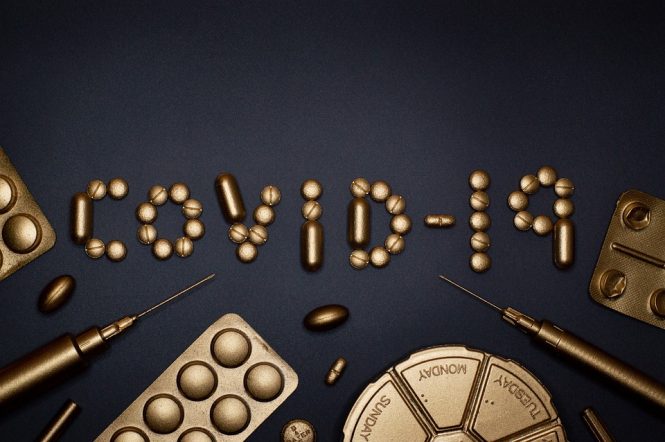
Don’t Let Hair Loss Get You Down: The Most Effective Treatments and Solutions
Hair loss can be a devastating and confidence-shattering experience, affecting millions of people worldwide. Whether it’s due to genetics, hormonal imbalances, or other underlying medical conditions, hair loss can have a significant impact on a person’s self-esteem and overall well-being. However, there is hope for those struggling with hair loss. In this article, we’ll explore the most effective treatments and solutions available to help you regain your confidence and restore your hair.
Understanding Hair Loss
Before we dive into the treatments, it’s essential to understand the causes of hair loss. Hair loss can be categorized into two types: androgenetic alopecia (male and female pattern baldness) and alopecia areata (patchy hair loss). Androgenetic alopecia is the most common type of hair loss, accounting for approximately 95% of all cases. It’s caused by a combination of hormonal and genetic factors, which lead to the conversion of testosterone to dihydrotestosterone (DHT). DHT causes hair follicles to shrink, resulting in thinner, shorter hairs.
Medical Treatments
Fortunately, there are several medical treatments available to help combat hair loss. These include:
- Minoxidil (Rogaine): A topical solution applied directly to the scalp to stimulate hair growth and slow down hair loss.
- Finasteride (Propecia): An oral medication that blocks the production of DHT, slowing down hair loss and promoting hair growth.
- Low-Level Laser Therapy (LLLT): A non-invasive treatment that uses a low-level laser or light-emitting device to stimulate hair growth.
- Platelet-Rich Plasma (PRP) Therapy: A treatment that involves injecting platelet-rich plasma (PRP) into the scalp to stimulate hair growth.
Non-Medical Solutions
In addition to medical treatments, there are several non-medical solutions that can help address hair loss. These include:
- Hair Transplantation: A surgical procedure that involves transplanting healthy hair follicles from the back and sides of the head to the balding areas.
- Wigs and Hairpieces: A non-surgical solution that involves wearing a wig or hairpiece to cover up balding areas.
- Scalp Micropigmentation: A cosmetic procedure that involves tattooing the scalp to create the appearance of a fuller head of hair.
- Hair Systems: A non-surgical solution that involves attaching hair to the scalp using adhesives or tape.
Natural Remedies
For those who prefer a more natural approach, there are several remedies that have been shown to promote hair growth and reduce hair loss. These include:
- Biotin: A B-complex vitamin that plays a crucial role in hair growth and maintenance.
- Saw Palmetto: A herbal supplement that blocks the production of DHT, slowing down hair loss.
- Rosemary Essential Oil: A natural oil that stimulates hair growth and improves circulation to the scalp.
- Castor Oil: A natural oil that stimulates hair growth and reduces inflammation.
Lifestyle Changes
In addition to medical treatments and natural remedies, making lifestyle changes can also help promote hair growth and reduce hair loss. These include:
- Maintaining a Balanced Diet: Eating a diet rich in vitamins and minerals, particularly those that promote hair growth such as biotin, vitamin D, and omega-3 fatty acids.
- Reducing Stress: High stress levels have been shown to contribute to hair loss. Practicing stress-reducing techniques such as meditation, yoga, or deep breathing can help.
- Getting Regular Exercise: Regular exercise can improve circulation to the scalp, promoting hair growth.
- Avoiding Harsh Chemicals: Avoiding harsh chemicals and heat styling tools can help reduce hair breakage and promote hair growth.
Conclusion
Hair loss can be a challenging and emotionally draining experience, but it’s not a permanent condition. With the right treatments and solutions, it’s possible to regain your confidence and restore your hair. Whether you choose medical treatments, non-medical solutions, or natural remedies, it’s essential to consult with a healthcare professional or dermatologist to determine the best course of treatment for your specific condition. Remember, hair loss is not a sign of weakness, and seeking help is the first step towards regaining your confidence and taking control of your hair health.